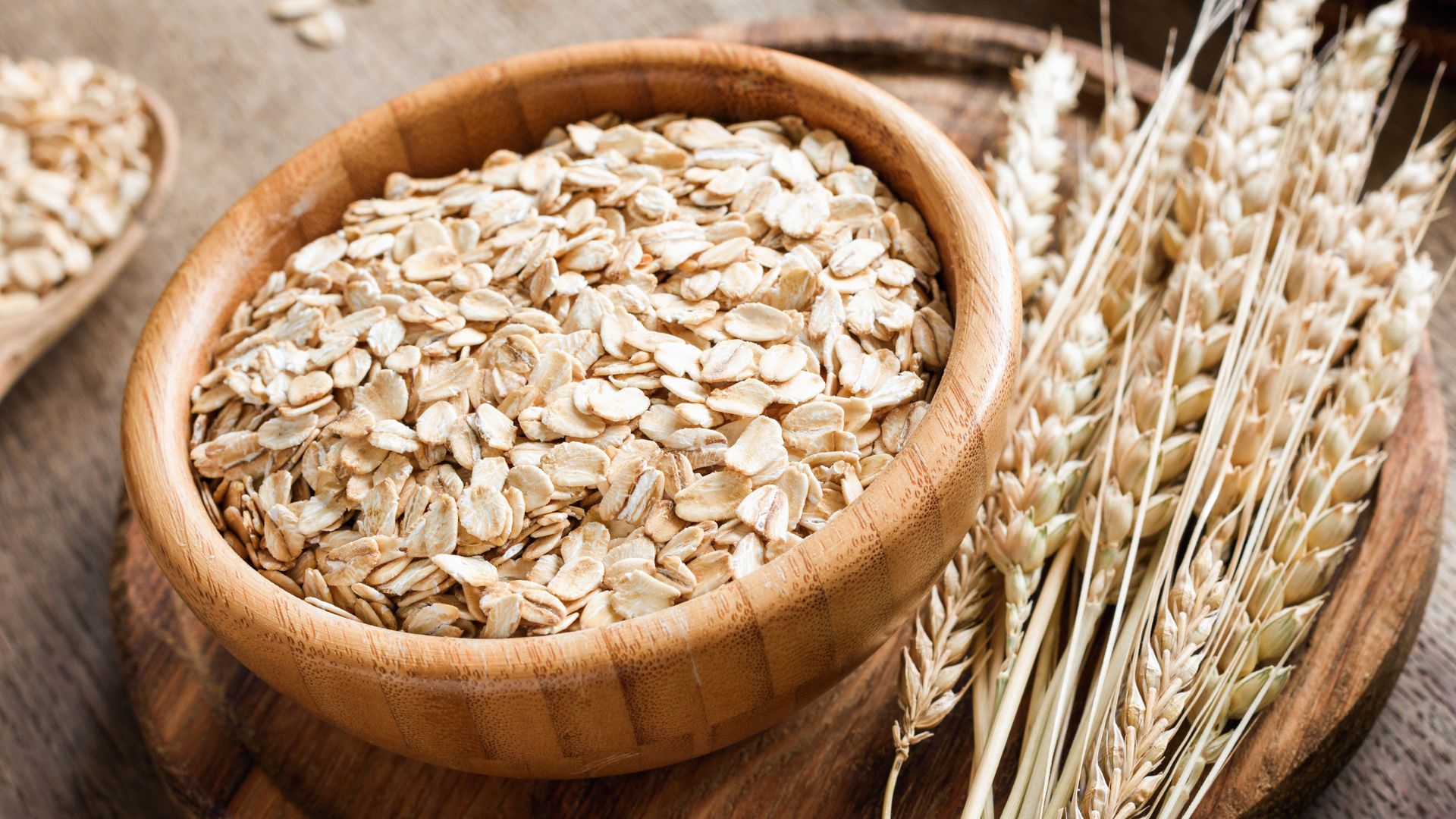As a doctor who strongly believes in personalized nutrition, I often find myself navigating the ever-changing waves of diet trends with my patients. One question I’ve been hearing more frequently is: Why do some nutritionists caution against the oat diet? Oats are generally celebrated as a healthy, whole grain, so why the concern? Let’s explore the reasoning behind these warnings and whether they apply to everyone.
What is the Oat Diet?
The oat diet typically involves consuming oats as the primary food source for one or more meals a day. This might mean eating oatmeal for breakfast, lunch, and even dinner. Proponents of this diet claim it can promote weight loss, lower cholesterol, and improve digestion due to oats’ high fiber content and complex carbohydrates.
While it’s true that oats are packed with nutrients like beta-glucan (a type of soluble fiber), iron, magnesium, and antioxidants, the concern arises when oats are consumed in excess or in isolation from other food groups.
Why Some Nutritionists Are Cautious About the Oat Diet
1. Nutrient Imbalance
Eating only oats can lead to a lack of dietary diversity, which is essential for getting all your necessary vitamins and minerals. Oats are low in certain nutrients like vitamin B12, vitamin D, and essential amino acids that you can only get from a varied diet that includes fruits, vegetables, protein, and healthy fats.
2. Blood Sugar Spikes (in Some Cases)
While oats have a lower glycemic index than many processed grains, they can still cause blood sugar fluctuations, especially if prepared with sugar or if someone consumes instant oats, which are more processed. People with insulin resistance or type 2 diabetes need to be particularly mindful of how oats affect their glucose levels.
3. Overreliance on Carbohydrates
Oats are a carbohydrate-rich food. When consumed excessively without enough protein or fat, they can contribute to energy crashes and sugar cravings. A well-rounded meal should include a balance of macronutrients—carbs, proteins, and fats—for sustained energy and satiety.
4. Digestive Issues for Some Individuals
Though oats are known to aid digestion, the high fiber content can actually cause bloating, gas, or discomfort in people not used to a fiber-rich diet. It’s important to increase fiber gradually and drink plenty of water to support digestion.
Should You Avoid Oats Completely?
Absolutely not. As a doctor, I often recommend oats as part of a balanced, nutrient-rich diet. The key is moderation and pairing oats with other healthy foods. For example, top your oatmeal with berries for antioxidants, nuts for healthy fats, and a scoop of Greek yogurt for protein.
Final Thoughts
Oats are not the enemy. However, no single food—no matter how healthy—should dominate your diet. Nutrition is about balance, variety, and listening to your body. If you enjoy oats, keep them in your meal rotation, but don’t forget to include a rainbow of other foods for optimal health.
Have you tried the oat diet or had any issues with oats? I’d love to hear your experience or answer your questions in the comments below!



